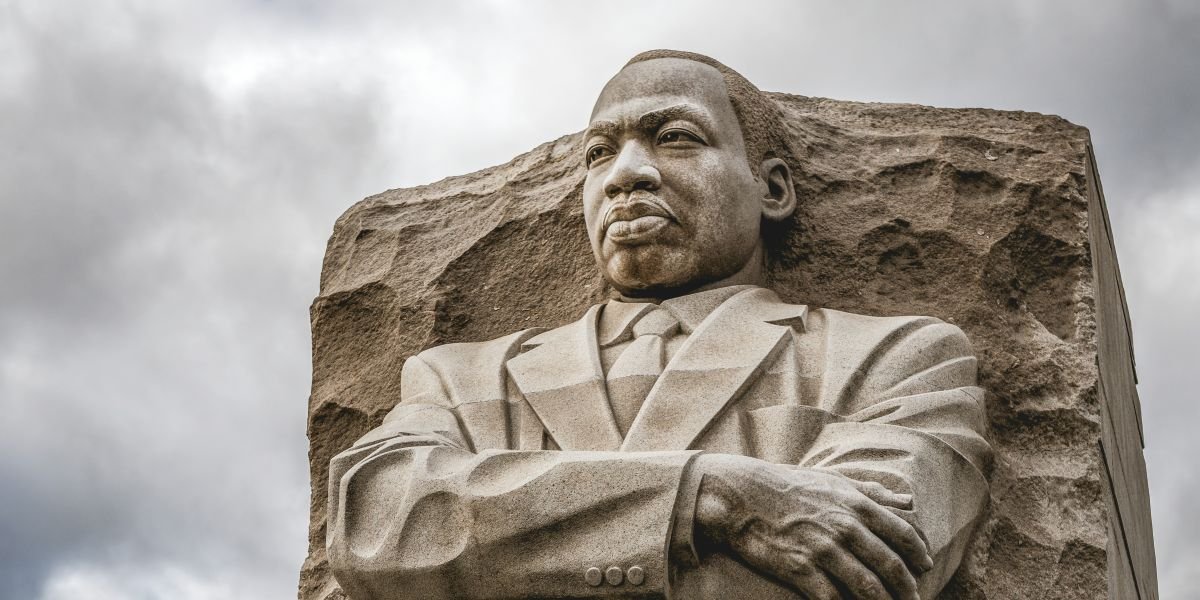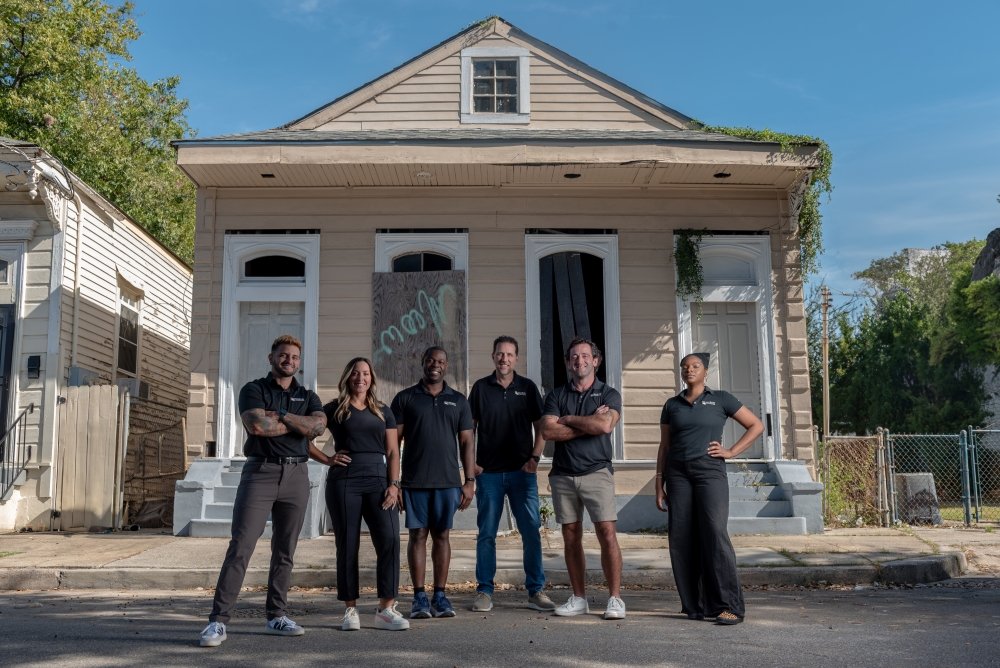Comedy has always been a reflection of culture, capturing the quirks and complexities of society. Recently, niche comedy has emerged as a growing trend, appealing to audiences who find mainstream humor too broad or impersonal. This shift is reshaping the comedy landscape, giving rise to fresh voices and specialized humor that resonates deeply with specific communities. But what’s driving this phenomenon, and what does it mean for audiences and comedians?
What Is Driving the Popularity of Niche Comedy?
The rise of niche comedy can be attributed to the changing ways people consume entertainment. In the past, comedy relied heavily on broad appeal to succeed, whether through network television or blockbuster stand-up specials. Today, digital platforms like YouTube, TikTok, and Instagram have opened the door for more personalized, audience-specific humor. Instead of performing for general audiences, comedians can craft jokes catering to specific subcultures or experiences.
Take, for example, comedians who focus on tech culture, parenthood, or regional quirks. Their content may not land with everyone, but for those who relate, it’s pure gold. This relatability is a cornerstone of niche comedy—it connects personally, creating a sense of inclusion and shared experience. For someone who works in tech, jokes about debugging code might hit harder than generic stand-up bits about dating.
Streaming services have also played a significant role. Platforms like Netflix and Amazon Prime feature many comedy specials that highlight diverse voices. This availability gives niche comedians access to audiences who may not attend traditional comedy clubs. Streaming services recognize that their subscribers crave variety, making them eager to spotlight performers with unique perspectives.
Social media has further amplified this trend. On platforms like TikTok or Instagram, short, relatable sketches spread quickly within specific online communities. A comedian who speaks to the struggles of being a new parent might attract thousands of followers within weeks, eventually leading to larger opportunities like live tours or collaborative projects. Social media eliminates traditional barriers, allowing niche comedians to connect directly with their audiences.
Disclosure: The examples provided are illustrative and do not imply endorsement or criticism of specific platforms.
How Are Comedians Shaping the Future of Humor?
Comedians are at the forefront of redefining humor by embracing their unique identities and perspectives. Unlike traditional stand-up, niche comedy often explores previously overlooked topics in mainstream spaces. For example, performers may delve into cultural identity, neurodiversity, or niche professions. These themes create opportunities for storytelling that feel fresh and authentic.
Comedians who embrace niche comedy often find that their material carries a dual purpose: it entertains while fostering understanding. For example, a comedian drawing on experiences as a first-generation immigrant might use humor to navigate cultural differences, allowing audiences to laugh while gaining insight into those realities. This blend of comedy and education resonates deeply with modern audiences who value authenticity.
Digital tools have also given comedians unprecedented freedom. Crowdfunding platforms, virtual performances, and subscription-based models like Patreon allow performers to bypass traditional gatekeepers. In the past, a comedian’s career often depended on breaking into television or securing a major stand-up special. Now, comedians can self-produce content, retaining creative control and staying true to their niche.
This freedom has helped niche comedians build dedicated followings. Performers who connect with their audiences on social media often translate that success into sold-out live performances. Even without a massive following, niche comedians benefit from highly engaged fans who are willing to invest time and money to support them.
Another advantage of niche comedy is its inclusivity. Traditional comedy sometimes relies on outdated stereotypes or universal themes that fail to resonate with diverse audiences. Niche comedy, by contrast, gives a platform to voices that challenge conventional norms, making the comedy world more representative of the people it serves.
What Does This Shift Mean for Audiences?
For audiences, the rise of niche comedy represents an opportunity to find humor that truly speaks to their experiences. Instead of settling for generalized content, fans can seek out comedians who understand their interests, struggles, and joys. This makes comedy feel more personal and, in many ways, more rewarding.
However, this shift also raises questions about the fragmentation of comedy. While niche comedians thrive within their dedicated communities, they may not achieve the widespread recognition of mainstream acts. This could lead to a world where comedy is less of a shared cultural touchstone and more of a specialized experience.
That said, the increased accessibility of comedy benefits audiences overall. Fans can now explore various comedic styles, from dry humor to absurdist sketches, all from the comfort of their devices. This variety ensures there’s something for everyone, whether they’re looking for relatable humor or simply a break from the stresses of daily life.
From an industry perspective, the rise of niche comedy reflects broader trends in entertainment. Audiences are gravitating toward creators who are unapologetically themselves. Platforms that amplify these voices benefit from loyal fan bases and higher engagement. For streaming services, comedy clubs, and social media platforms, investing in niche performers is not only a way to stay relevant—it’s also a smart business move.
The rise of niche comedy also encourages audiences to support performers in new ways. Fans can buy tickets to intimate shows, contribute to crowdfunding campaigns, or subscribe to exclusive content. This direct connection fosters a sense of loyalty and ensures comedians can continue producing resonant material.
Final Thoughts
The growing popularity of niche comedy demonstrates a cultural shift toward more personalized entertainment. By tailoring their humor to specific audiences, comedians are meeting a demand for relatable, authentic, and inclusive content. This approach isn’t just reshaping comedy—it’s redefining how audiences connect with art and storytelling.
As niche comedians gain recognition, the comedy landscape will become even more diverse. Whether it’s a TikTok star riffing on office life or a Netflix special exploring cultural identity, there’s no shortage of laughter. This means endless opportunities for fans to discover comedians who make them feel seen and understood.
While the rise of niche comedy might fragment the industry, it also opens doors to fresh voices and ideas. The days of one-size-fits-all humor are over, and that’s good. After all, comedy is at its best when it reflects our beautifully varied world.







